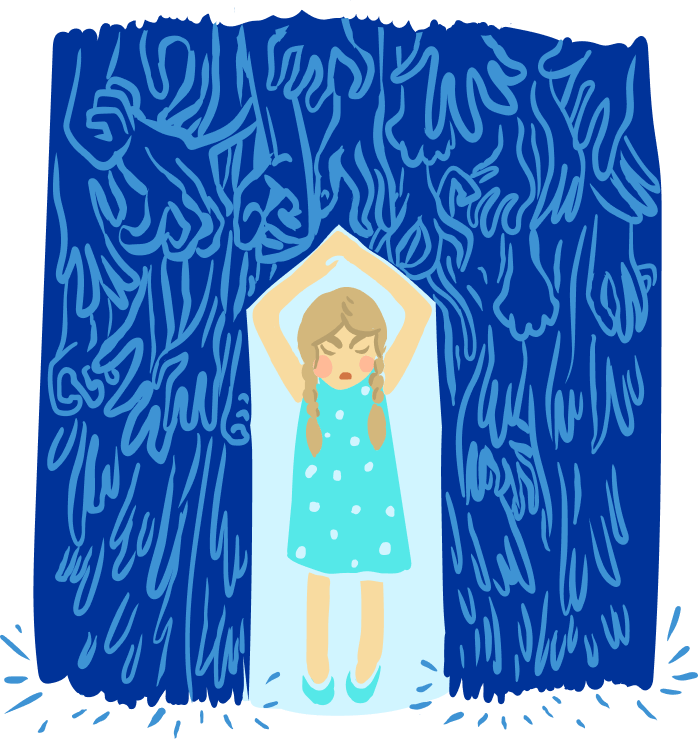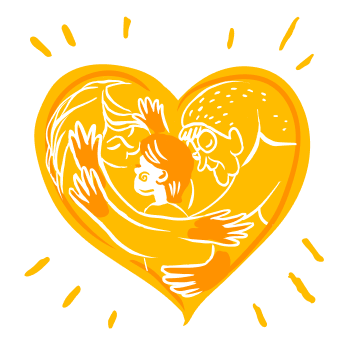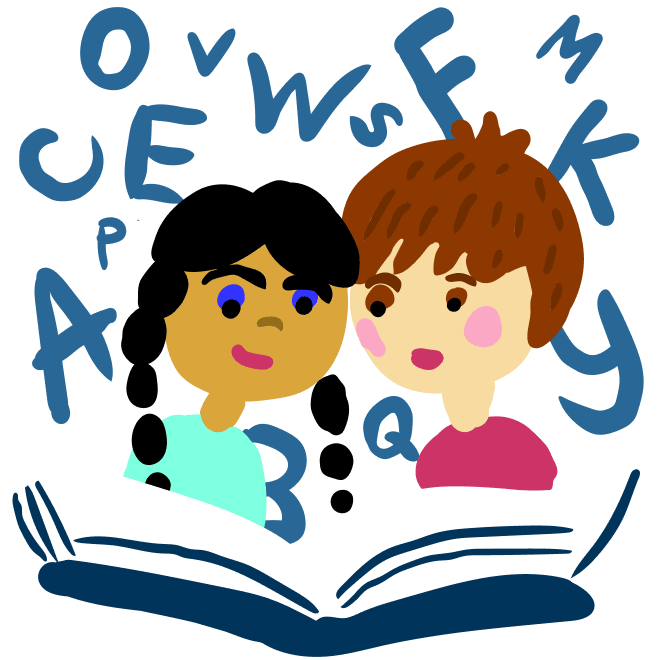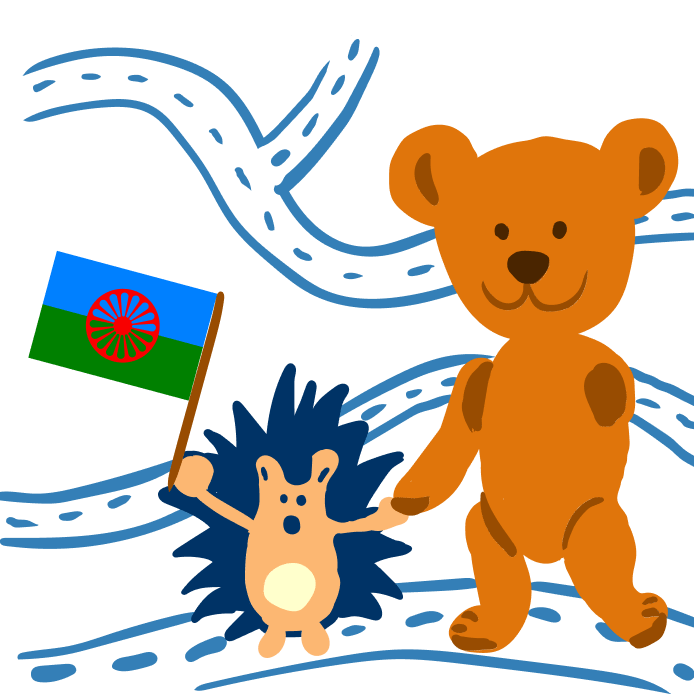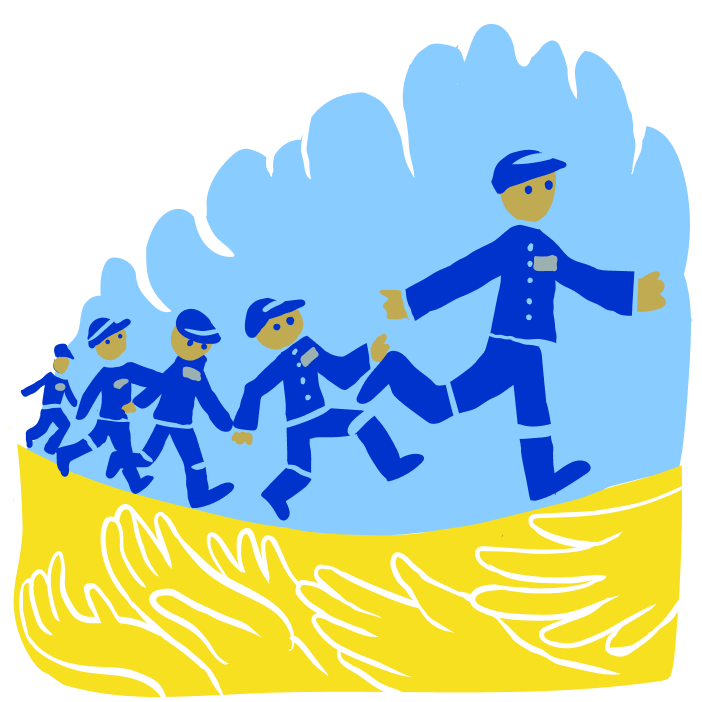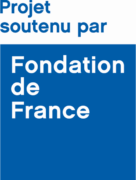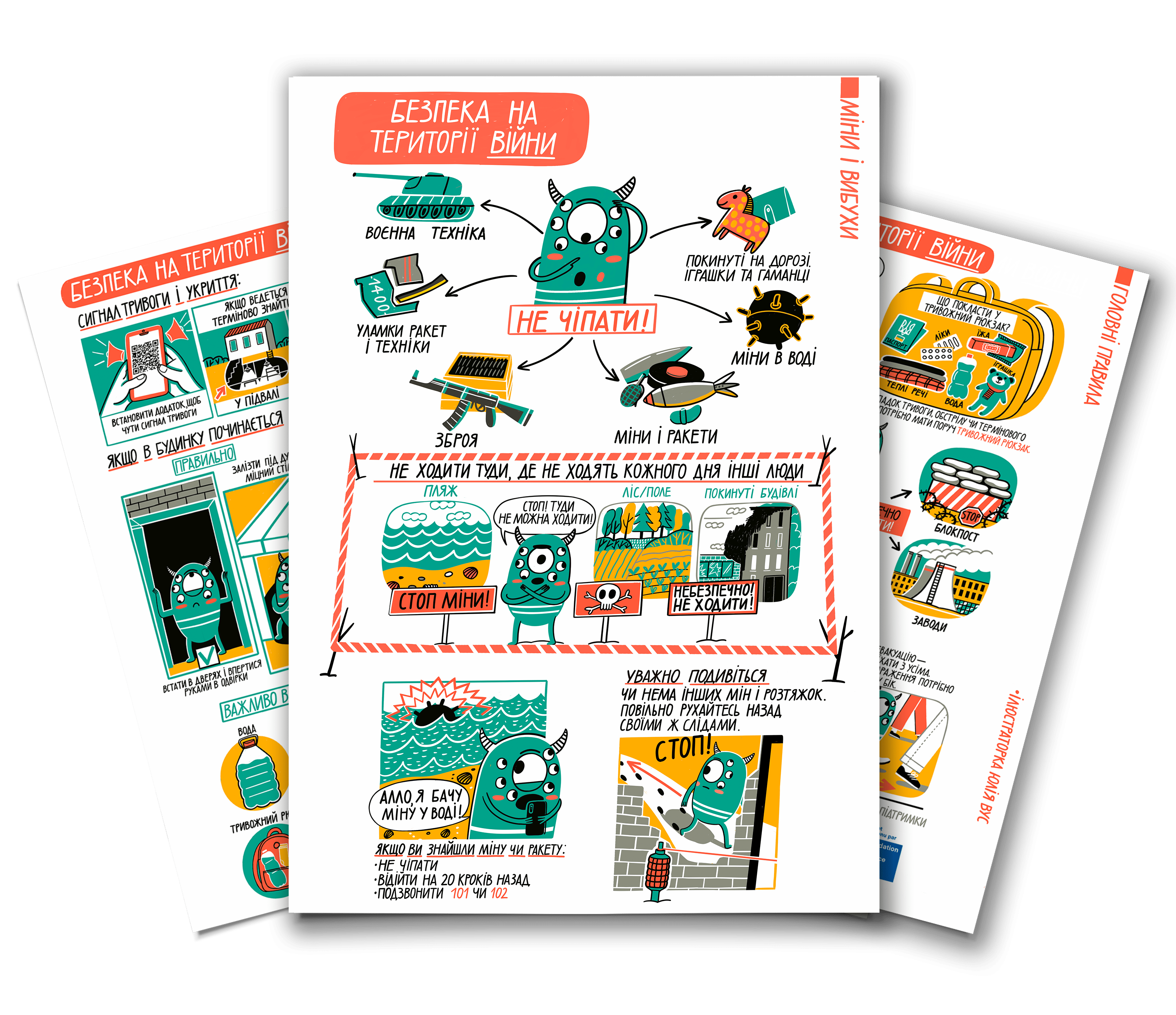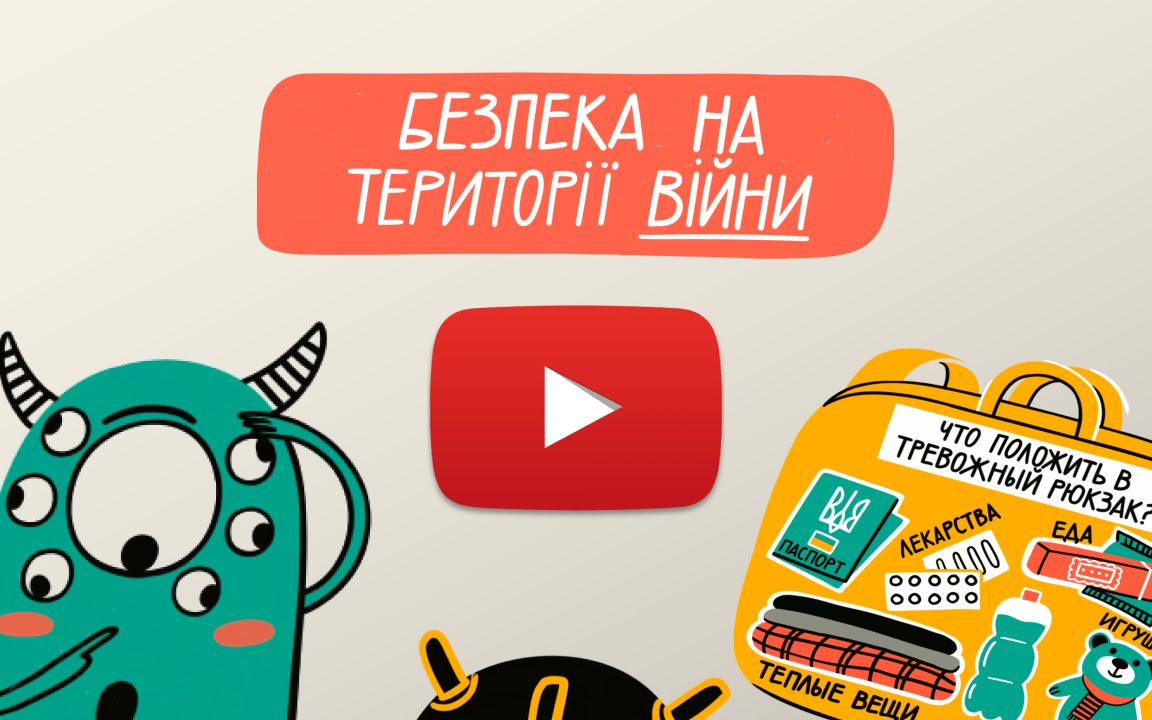


Protect the rights of
refugee children
from Ukraine
All the refugee children must be protected from violence, exploitation and family separation. They need a safe environment, and they must be able to live freely, develop in new conditions, and receive an education, medical care and psychological support.
About the problem
European countries received millions of refugees – primarily women and children – from Ukraine in the spring of 2022. Europe had not seen such a large-scale wave of female and child migrants within its borders since World War II. Children are a special group that require special protection in the conditions of mass migration. ADC Memorial has already demanded observation of the rights of migrant children as part of its #CrossborderChildhood campaign. Now this issue is more relevant than ever, so we need a new stage for this campaign: #CrossborderChildhoodUA.
Every country that accepts child refugees from Ukraine must develop and implement a program of comprehensive measures to protect minors from the risks of sexual exploitation, child trafficking, forced labor, and panhandling.
